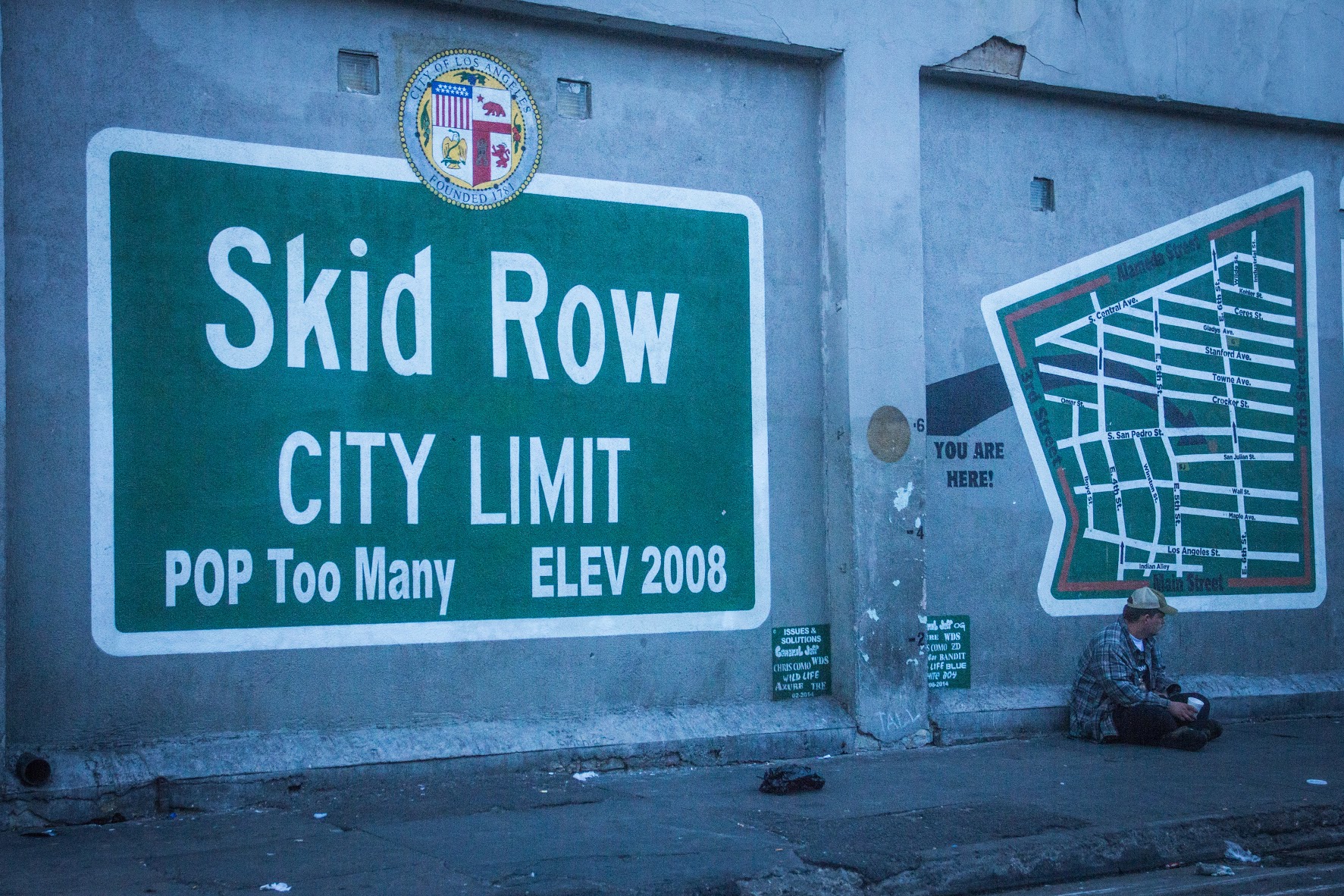Report says LGBTQ homeless youth need more attention
Rossier professor of higher education William Tierney and Rossier Ph.D. candidate James Ward published a policy proposal in the Educational Researcher last December demonstrating that LGBTQ homeless youth need more acknowledgement by policymakers.

A policy proposal published by Rossier professor of higher education William Tierney and Rossier Ph.D. candidate James Ward suggests that lawmakers must practice LGBTQ-inclusive policymaking. Daily Trojan file photo.
“We opted to focus on LGBTQ homeless youth because there’s a dearth of research and policy compared to homelessness in general,” Tierney told USC News.
In the past year, the Los Angeles Homeless Count found that 35 percent of homeless youth identify as LGBTQ, according to the report.
While the 2017 Annual Homeless Assessment Report to Congress found that Los Angeles County hosts the second largest homeless population in the nation, the researchers say the critical issue lies in the way policymakers neglect framing the discussion around specific communities like the youth LGBTQ community.
“Sometimes when we think of ‘homelessness’ or even ‘homeless youth’ we tend to lump people as if there is a one-size-fits-all problem and solution,” Tierney said in an email to the Daily Trojan. “But that’s not the case. LGBTQ homeless youth frequently face very different problems than other kids. They are more likely to have been kicked out and less likely to have support structures.”
LGBTQ youth have a unique set of obstacles that are too often brushed under the rug, Ward said.
“These students are more likely to be unaccompanied and thus may not have family to advocate for their needs,” Ward said in an email to the Daily Trojan. “It’s important that policies reflect this and services are easily accessible to unaccompanied students. Moreover, the experiences of LGBTQ homeless youth include higher rates of drug and alcohol abuse and sexual exploitation. Policies must reflect these differences and provide support for all aspects of these students’ lives, not just their homeless status.”
The paper focused on three main policy areas: outreach, sensitivity training and inclusive policymaking.
Because LGBTQ youth face higher levels of discrimination than their heterosexual counterparts in homeless shelters and other services, the paper concluded that there must be widescale LGBTQ sensitivity training to address discrimination issues LGBTQ youth face.
On the streets, LGBTQ youth are forced to have “survival sex” for food and other necessities, and are overall more susceptible to being assaulted than homeless heterosexual youth are, according to the Journal of Youth and Adolescence.
Furthermore, most homeless shelters are gender specific, and oftentimes exclude members of the transgender community. According to a 2011 study by the National Center for Transgender Equality, 29 percent of transgender people that needed emergency shelters were denied access because of their genders.
The most important concept that Tierney and Ward are pushing is inclusivity in policymaking.
“LGBTQ youth face great risk of experiencing homelessness as well as other injustices, as we know,” Suzanne Wenzel, a professor at the Suzanne Dworak-Peck School of Social Work, said in an email to the Daily Trojan. “We must address homelessness among LGBTQ and other youth so that they may enjoy opportunities to live rich and productive lives.”
Along with the paper, Tierney and Ward plan to launch projects to conduct more research in Los Angeles on the specific issue of LGBTQ youth, according to USC News.
“We have the leeway to put forward a project that is not simply aimed at the investigation of a discrete topic, but one that can dramatically improve the lives of those who are among the most at-risk in our society and in Los Angeles,” Tierney wrote.
Although the paper illustrates the extensive discrimination faced by LGBTQ homeless youth, Tierney has a positive outlook for finding solutions to the issue.
“This can be a very depressing portrait that makes these youth look broken and in need of repair,” Tierney wrote. “I understand why individuals think that, but we also need to recognize the courage and resilience these students face and figure out ways to empower them, rather than think that we have all the answers.”

Housing LGBTQ youth is an important piece of working to improve mental health and prevent substance use in this community whose needs are often overlooked or outright denied (“29 percent of transgender people that needed emergency shelters were denied access because of their genders). It is unacceptable to neglect our youth and create an environment in which they engage in unhealthy behaviors due to lack of access to services. We can, and will, do better!
Even when they’re NOT homeless they need more attention.